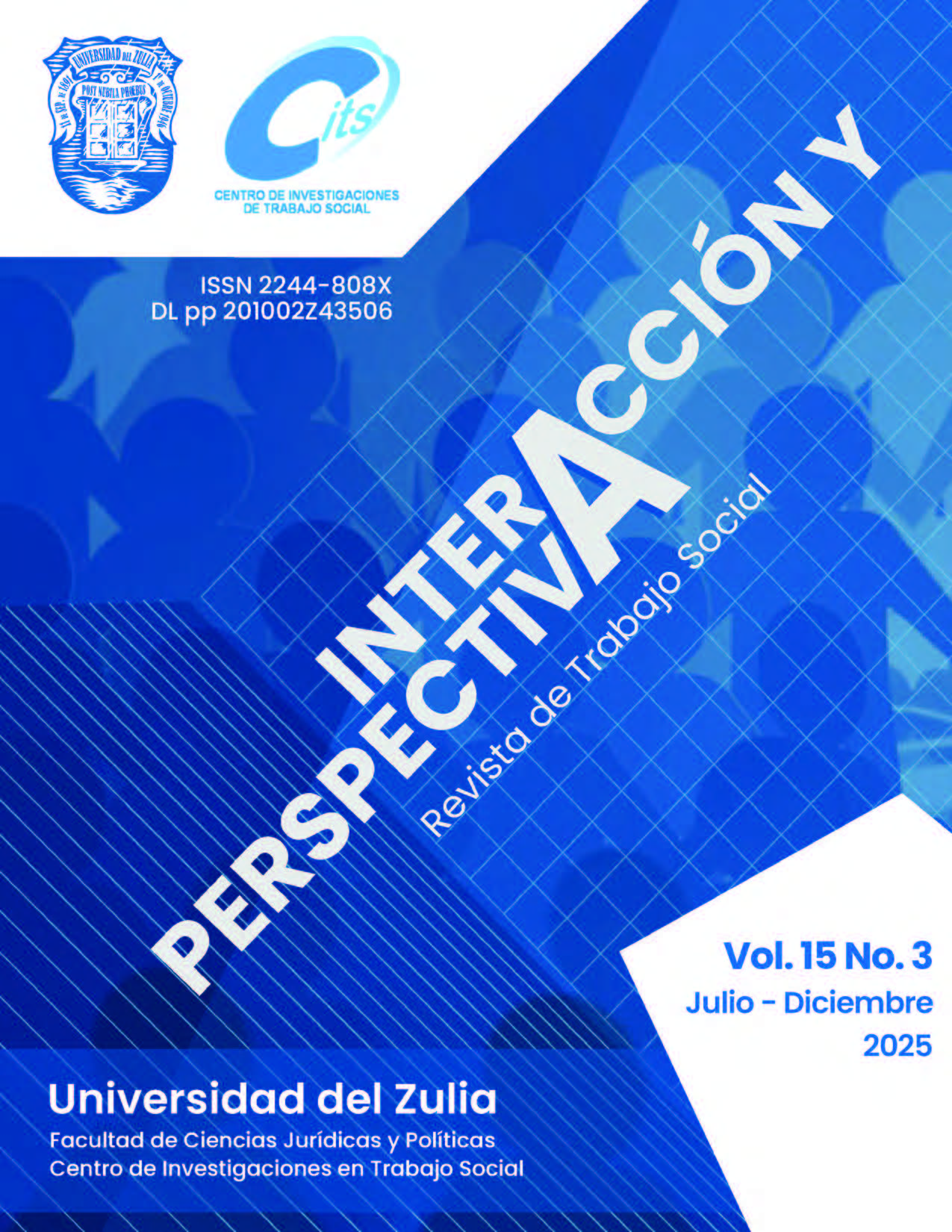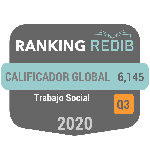The concept of digital human rights in the age of globalization and technological advancement: challenges, opportunities, and developmental pathways
Abstract
The article’s objective is to formulate a digital human rights framework that aligns with the dynamics of globalization and technological change, identifying the core challenges, opportunities, and avenues for protection. The study’s goals include: 1) analyzing philosophical discussions on the fundamental nature of digital human rights amid the digital revolution; 2) identifying challenges and opportunities for digital rights within the globalized, tech-driven landscape; and 3) examining frameworks for safeguarding digital and civil rights under these conditions. The analysis includes a review of international and national legal standards governing digital rights, contrasting various approaches to their protection. It explores the roles of governmental and non-governmental organizations in digital rights policy-making and assesses the potential of emerging technologies to enhance transparency and information access. Emphasis is also placed on social dimensions, such as the public’s awareness of their digital rights and available protection measures. Future trends and possible scenarios for the evolution of digital human rights are presented, highlighting factors that may influence their realization. The study’s findings will be valuable for academics, human rights advocates, policymakers, and those interested in digital rights in an era of rapid technological change, offering insights that underscore the significance of digital rights in a globally interconnected world.
Downloads
References
Human rights in the digital age: challenges, threats and prospects (2021). Bulletin of the National Academy of Law Sciences of Ukraine. 2021. Т. 28. № 1. 7-35.
Klopov, I., Shapurov, O., Voronkova, V., Nikitenko, V., Oleksenko, R., Khavina, I., Chebakova, Y. (2023). Digital Transformation of Education Based on Artificial Intelligence. TEM Journal, 12(4), 2625-2634.
Kolomoets, T., Verlos, N., Nikitenko, V., Voronkova, V. (2024). Digital rights in the context of artificial intelligence and globalisation: challenges and opportunities. Humanities studies. 19(96). 207–217.
Metelenko, N., Klopov, I., Voronkova, V., Nikitenko, V., Oleksenko, R., Brytvienko, A., Runcheva, N. (2023). Development of flexible management structures in the context of digital transformation of industry 5G. Review of Economics and Finance, Vol., 21, 2052-2060.
Marienko, V. Yu. (2023). The impact of information and communication technologies (ICT) on the development of society, man, technology: socio-philosophical analysis. Educational discourse: a collection of scientific papers / edited by O.P. Kivliuk. Kyiv: Scientific and Information Agency ‘Science-Technology-Information’ LLC, 47 (12), 61-72.
Nikitenko, V., Voronkova, V., Kaganov, Y. (2024). Formation of a model of information literacy in the digital economy of the XXI century (On the example of eu countries). Baltic Journal of Economic Studies, 10(1), 201-209.
Hubanova, T., Shchokin, R., Hubanov, O., Antonov, V., Slobodianiuk, P., Podolyaka, S. (2021). Information technologies in improving crime prevention mechanisms in the border regions of southern Ukraine. Journal of Information Technology Management, 13. 75-90.
Lytvyn, N., Andrushchenko, H., Zozulya, Y., Nikanorova, O., Rusal, L. (2022). Enforcement of Court Decisions as a Social Guarantee of Protection of Citizens Rights and Freedoms. Prawo i Wiez, (39). 80-102.

















